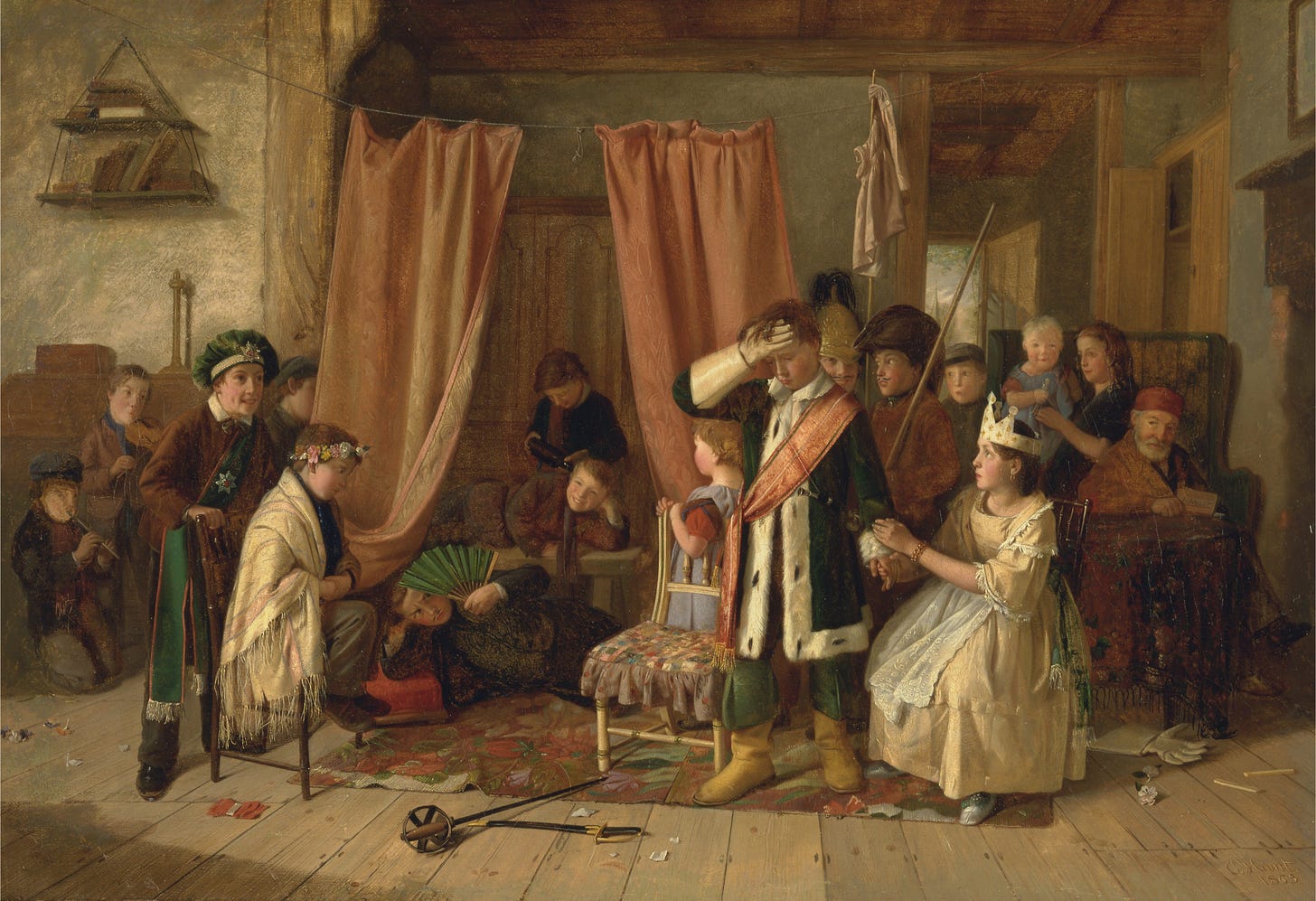Being Yourself
Artificial intelligence will never replace you

“Read, every day, something no one else is reading. Think, every day, something no one else is thinking. Do, every day, something no one else would be silly enough to do. It is bad for the mind to be always part of unanimity.” ― Christopher Morley
We’re going on an exploration of authenticity that spans Shakespeare to artificial intelligence, from Robin Williams to Dame Judi Dench, and includes poetry and video. So brush up your Shakespeare and let’s get to it.
There’s no question that AI is a force to be reckoned with and understood. With the White House’s Executive Order on AI last week to the OpenAI developer conference this week, it’s popping up everywhere.
No matter your industry, artificial intelligence will have some impact on it.
Not necessarily in the job-stealing, dystopic way that’s so often portrayed, but certainly through vari…



